-
February 7, 2026 at 10:00 am
Event date:
-
May 24, 2026 at 8:00 pm
Event end:
History
Claude Monet (1840–1926), the founder of French Impressionism, spent over six decades pursuing the ever-changing effects of light and atmosphere on nature. From his early plein-air sketches in Normandy to the revolutionary “Impression, Sunrise” that gave the movement its name, Monet continually questioned how to capture fleeting moments on canvas.
Are you Visiting Japan soon?
Let us make your trip effortless. From tickets and hotels to transport and local guides, we arrange everything for you or your group. Whether it’s a music festival in Tokyo or a business conference in Osaka, our custom travel service ensures you enjoy the event stress-free.
Contact Jasumo Now →In his later years at Giverny, he pushed boundaries further with the monumental Water Lilies series, dissolving form into pure color and light. This groundbreaking approach not only redefined landscape painting but influenced generations of modern artists worldwide.
2026 marks the 100th anniversary of Monet’s death, making this major exhibition—organized in collaboration with the Musée d’Orsay—a once-in-a-lifetime chance to see his masterpieces reunited in Japan.
Overview
Running from February 7 to May 24, 2026, “Claude Monet: Questioning Nature” at the Artizon Museum commemorates the centenary of the artist’s passing with one of the largest Monet exhibitions ever held in Japan. Over 40 masterpieces from the Musée d’Orsay—home to the world’s finest Monet collection—are joined by loans from Japanese institutions and the museum’s own holdings, totaling around 140 works.
The show traces Monet’s artistic journey through the key landscapes that shaped him: the harbors of Le Havre, the Seine at Argenteuil and Vétheuil, and the dreamlike gardens of Giverny. Supplementary photographs, ukiyo-e prints, and Art Nouveau objects reveal the broader visual culture that influenced him, while a contemporary immersive video installation offers a fresh interpretation of his world.
Highlights
- Iconic Water Lilies and Giverny Series: Rare chance to see large-scale late works side by side.
- Early Breakthrough Paintings: Including coastal scenes from Normandy and the revolutionary “Impression, Sunrise”-era works.
- Argenteuil and Vétheuil Masterpieces: Vibrant riverside scenes that defined high Impressionism.
- Japanese Influences: Ukiyo-e prints displayed alongside Monet’s works to highlight mutual artistic exchange.
- Immersive Contemporary Installation: A modern video experience reinterpreting Monet’s optical world.
Why Jasumo Recommends?
- Iconic Water Lilies and Giverny Series: Rare chance to see large-scale late works | side by side.
- Early Breakthrough Paintings: Including coastal scenes from Normandy and the revolutionary “Impression, Sunrise”-era works.
- Argenteuil and Vétheuil Masterpieces: Vibrant riverside scenes that defined high Impressionism.
- Japanese Influences: Ukiyo-e prints displayed alongside Monet’s works to highlight mutual artistic exchange.
- Immersive Contemporary Installation: A modern video experience reinterpreting Monet’s optical world.
Planning a trip to Japan or already here? Jasumo offers personalized support from custom tours to transportation and ticket booking. Contact us via our Contact page for seamless travel assistance.
Schedule
Exhibition Period: February 7 – May 24, 2026 Hours: 10:00 a.m. – 6:00 p.m. (last entry 5:30 p.m.) Extended Hours: Until 8:00 p.m. on Fridays (except March 20) and select Saturdays Closed: Mondays (or the following day if Monday is a holiday), plus February 16, March 16, April 13, May 11
Pricing
Ticket prices and reservation details will be announced closer to the opening date. Advance timed-entry booking is required—check the official Artizon Museum website from late 2025 onward for updates and sales.
Location
Venue: Artizon Museum (5th & 6th floors) Address: 1-7-2 Kyobashi, Chuo-ku, Tokyo 104-0031, Japan
How to Get There:
- JR Tokyo Station: 5-minute walk from Yaesu Central Exit
- Tokyo Metro Ginza Line: Kyobashi Station (Exit 6 or 7) – direct underground connection
- Tokyo Metro / Toei Asakusa Line: Nihombashi Station (Exit B1) – 3-minute walk
Accommodation Options
Stay in the Tokyo Station or Nihombashi area for effortless access—luxury options like the Four Seasons Otemachi or Mandarin Oriental Tokyo range ¥60,000–¥120,000 per night for two, with direct views of the Imperial Palace gardens.
More affordable business hotels and boutique properties in Kyobashi and Nihombashi start from ¥15,000–¥35,000 per night. Spring 2026 is peak cherry-blossom and exhibition season, so reserve early for the best rates and locations.
FAQs
Do I need to book tickets in advance?
Yes—timed-entry reservations are mandatory. Sales usually begin 1–2 months before opening; monitor the official Artizon Museum website.
How long should I plan to spend at the exhibition?
Most visitors spend 1.5–2.5 hours. Arrive at your designated time slot to enjoy without rushing.
Is photography allowed inside the exhibition?
No-flash photography is generally permitted in most sections, but some loaned works may have restrictions—signs will indicate.
Are audio guides or English explanations available?
Yes—multilingual audio guides and English wall texts/panels are provided throughout the exhibition.
Can I visit on the same day as other major museums?
Absolutely—the Artizon is compact and centrally located, making it easy to combine with the Tokyo National Museum, Mori Art Museum, or teamLab Borderless in one art-filled day.
Planning a Group Trip to Japan?
From corporate teams to friends traveling together, we create tailor-made travel packages. Enjoy VIP access, curated itineraries, and full support from our local experts. Tell us your plans, and we’ll handle the rest.
Contact Jasumo Now →
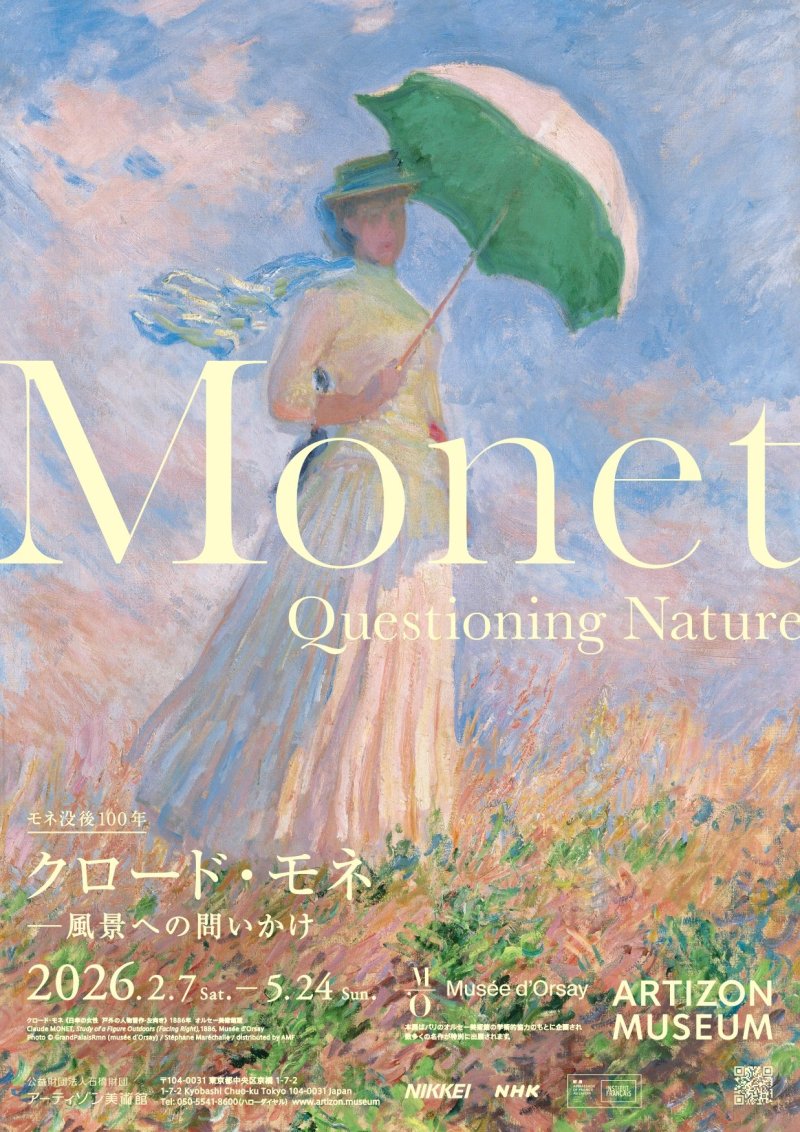
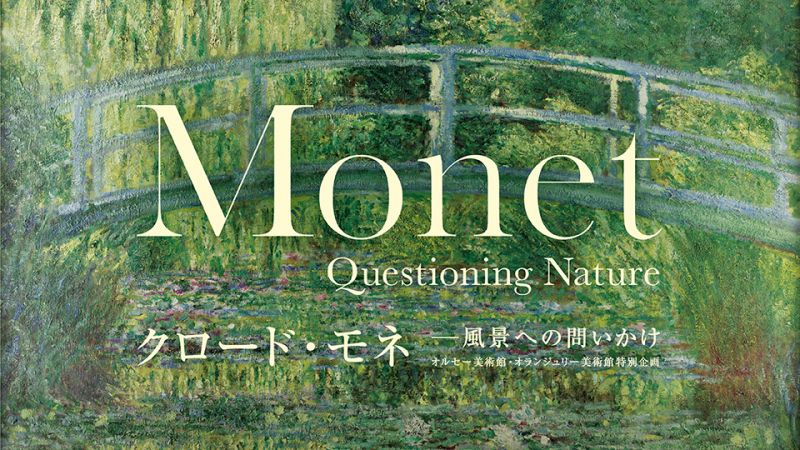
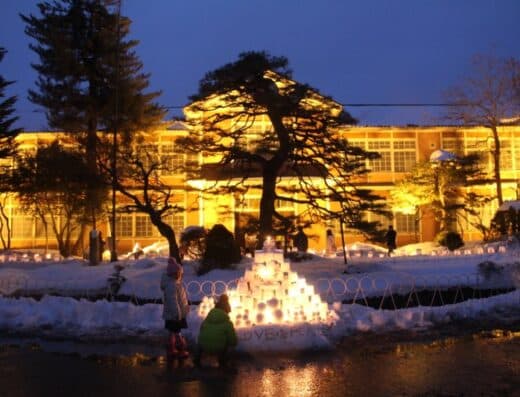
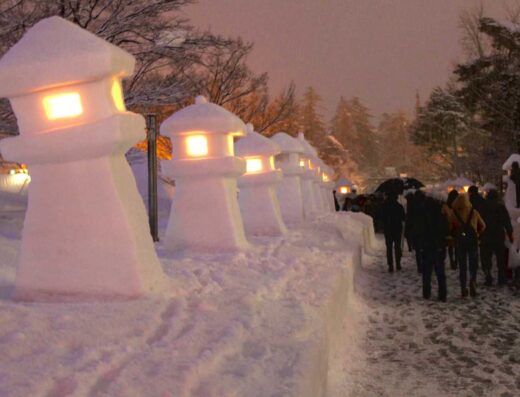
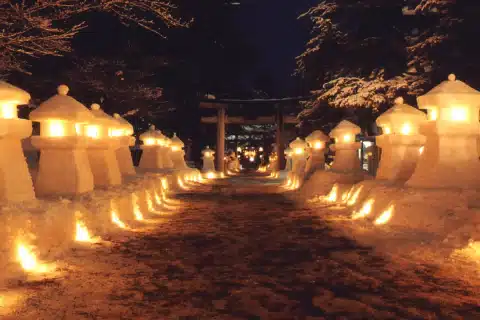
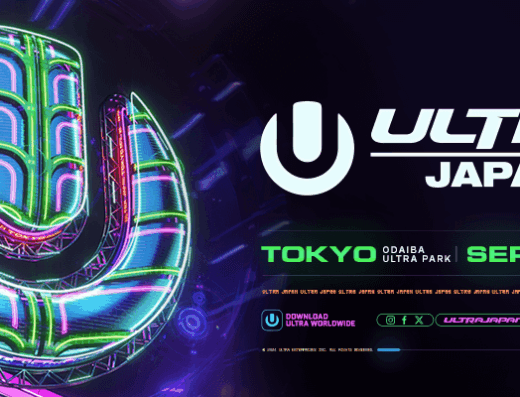

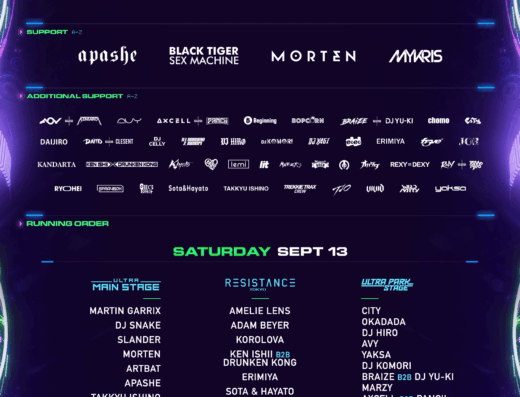


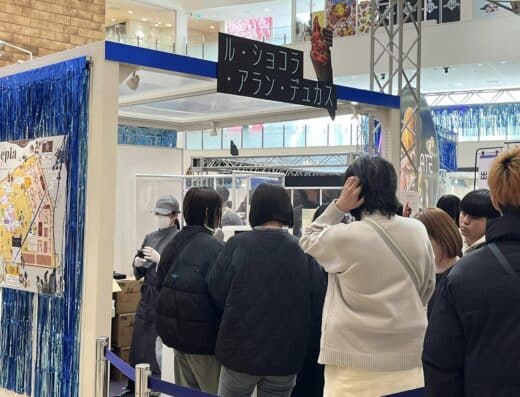
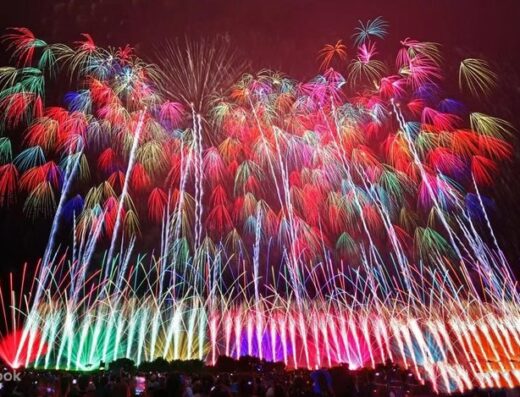
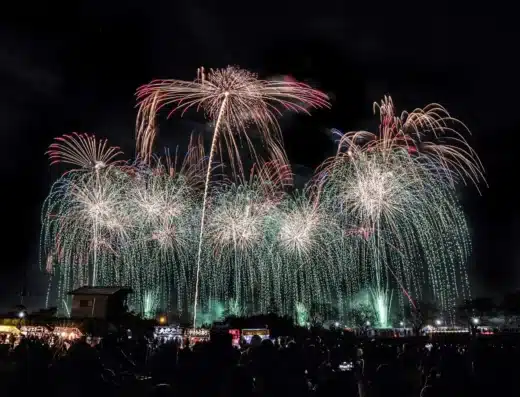
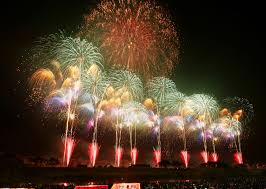
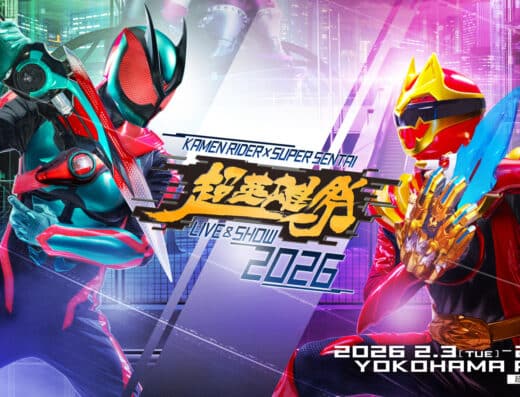
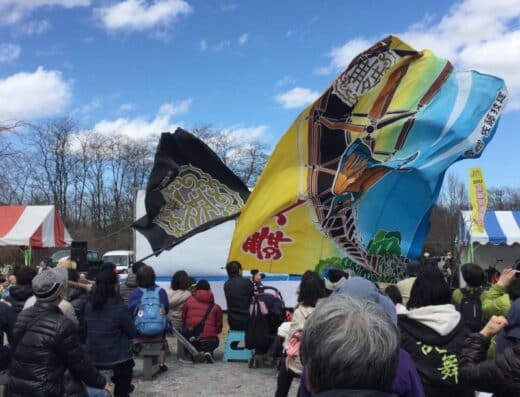
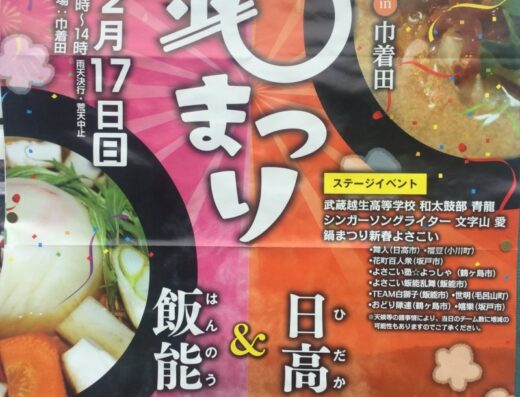
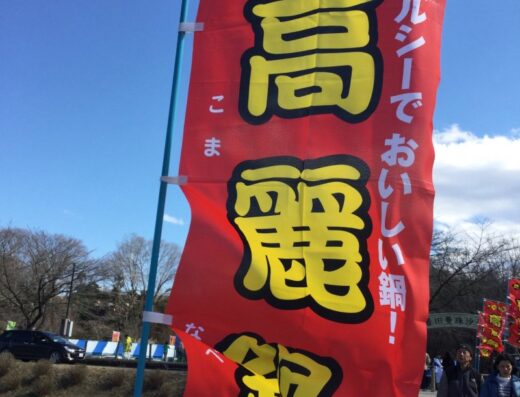
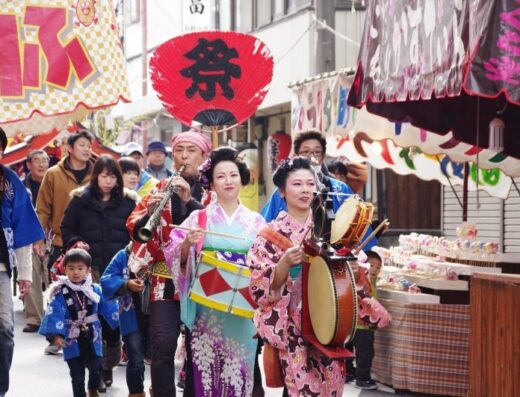
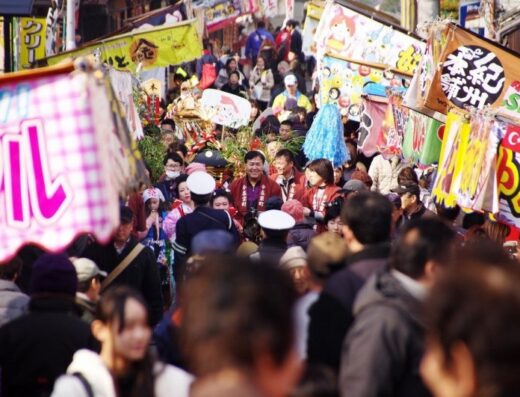
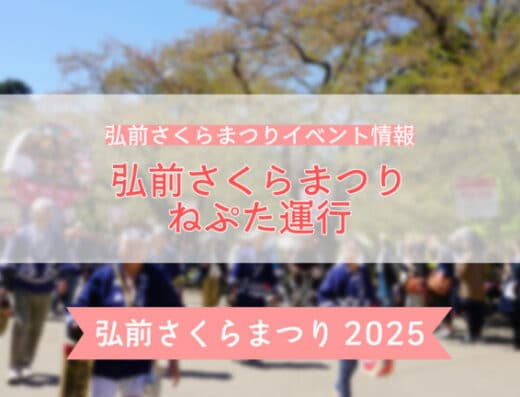
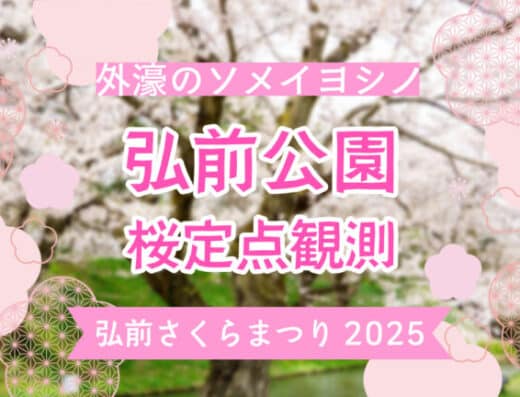
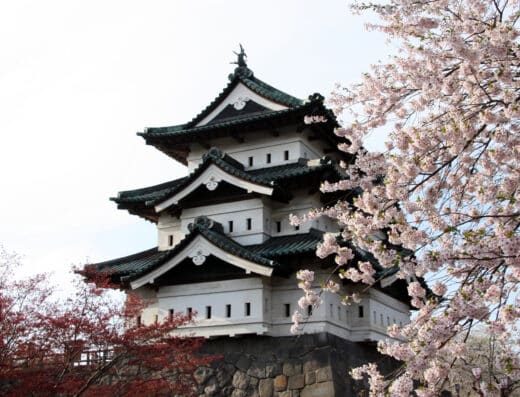
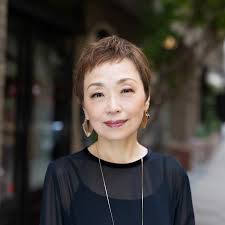



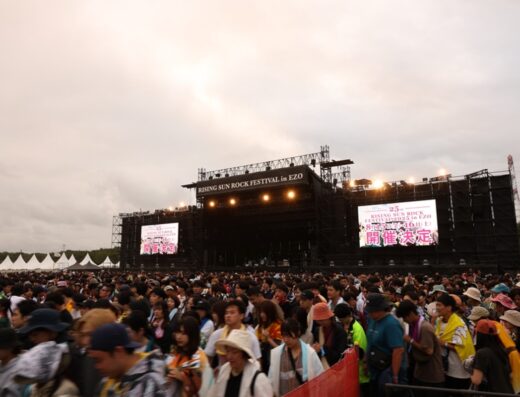

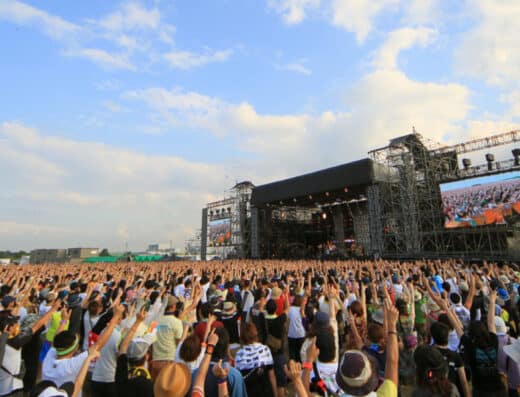

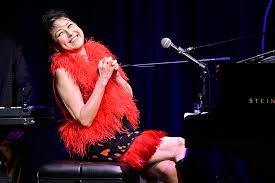
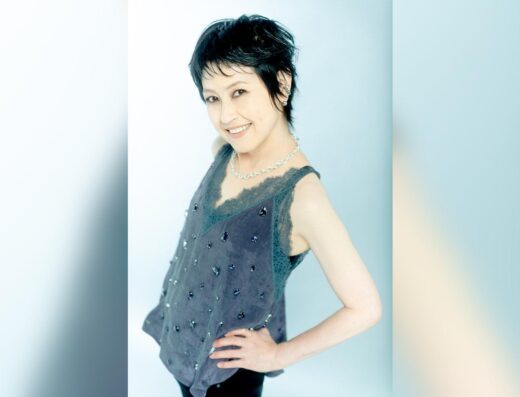
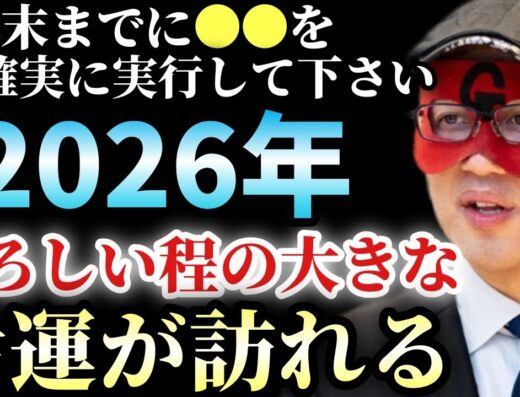
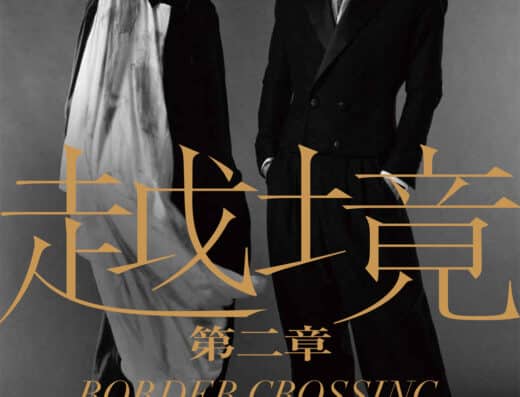
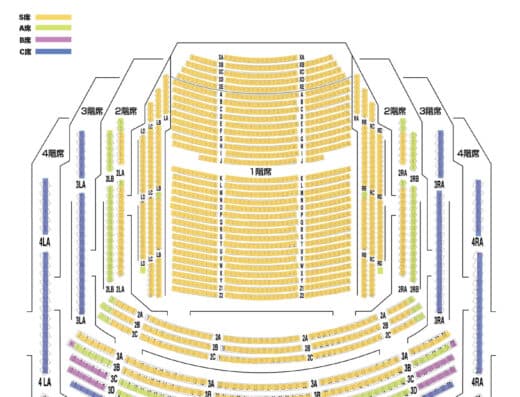
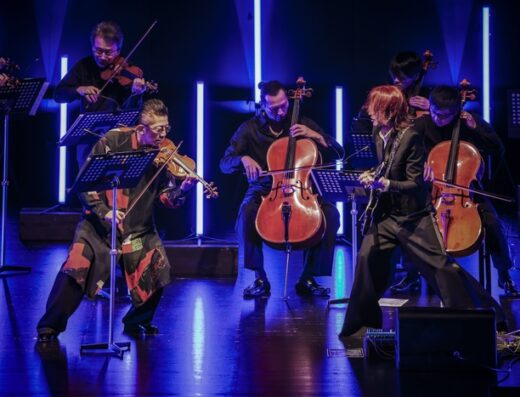




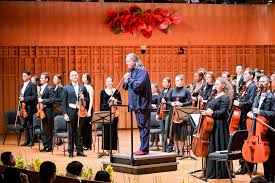



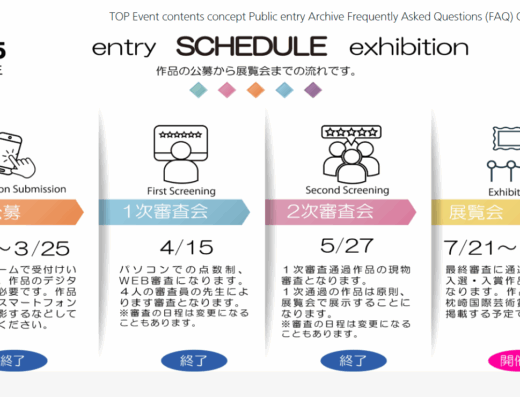


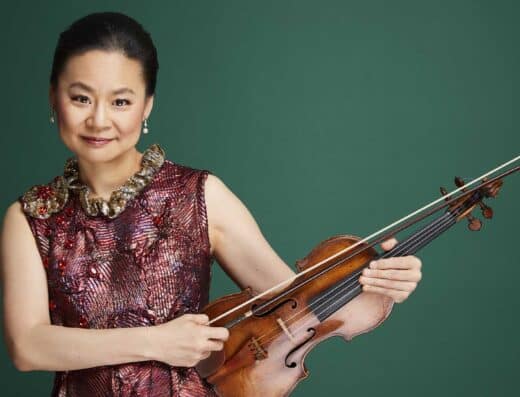
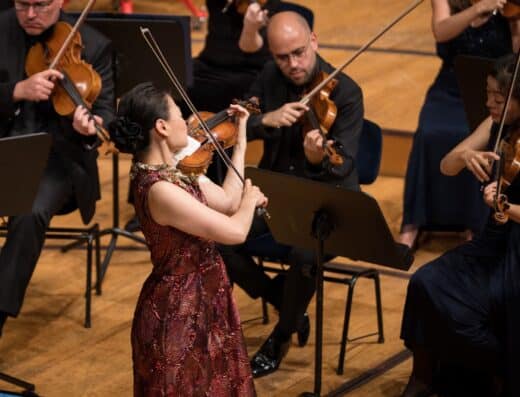
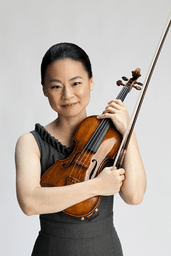
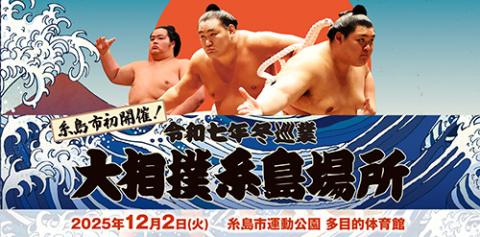
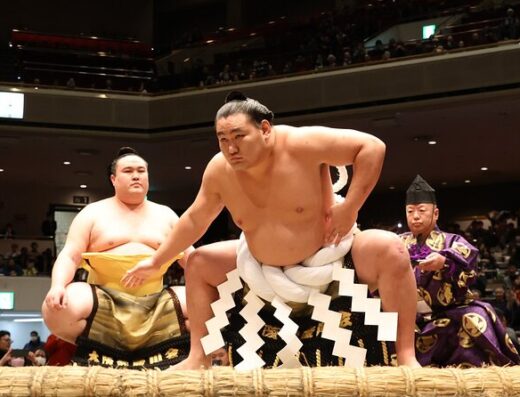
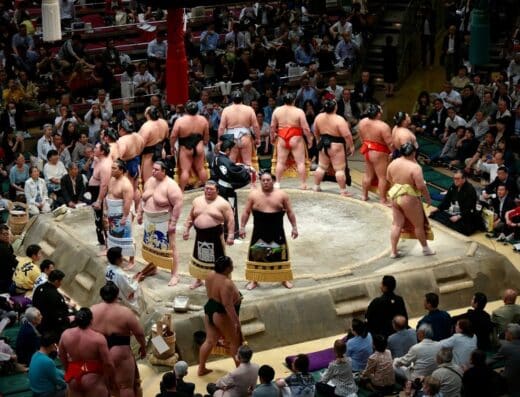
Leave a Reply